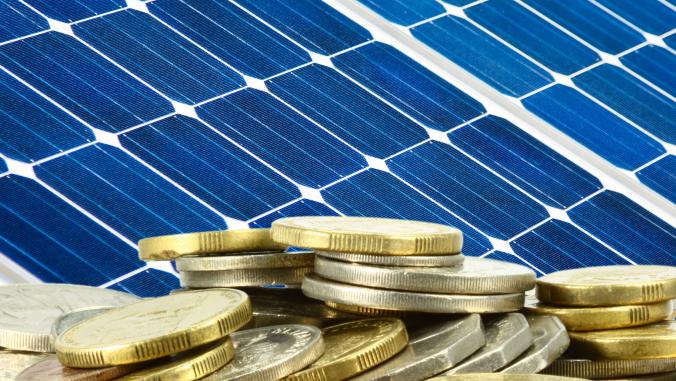Cap-and-Trade Program for Water Quality Gets a $1M Boost
<p>The Electric Power Research Institute receives a $1 million grant from the US Department of Agriculture for its Ohio River Basin Water Quality Trading Project, which seeks to improve watersheds at lower cost.</p>

U.S.-based cap-and-trade programs seeking to monetize carbon emissions have encountered obstacles in this year of budget deficits and climate denial. In May, Governor Chris Christie noisily pulled New Jersey out of the Regional Greenhouse Gas Initiative (RGGI), stating, "RGGI does nothing more than tax electricity, tax our citizens, tax our businesses, with no discernible or measurable impact upon our environment."
In response, RGGI stated that the ten-state collaborative "is delivering more than 700 million dollars in investments in the clean energy economy that are saving energy consumers money, making businesses more competitive and creating jobs throughout the region." At the time of Gov. Christie's, announcement, New Jersey had received more than $100 million from RGGI.
Even as such setbacks demonstrate to what degree scientific consensus on climate change has become tethered to political fortune, the US Department of Agriculture (USDA) is moving forward with its support for a cap and trade system relating to water quality, awarding a $1 million Conservation Innovation Grant to the Electric Power Research Institute (EPRI).
Launched in 2009, EPRI's Ohio River Basin Water Quality Trading Project will consist of a voluntary cap-and-trade program involving eight states with access to the Ohio River Basin. According to EPRI, "The proposed trading program in the Ohio River Basin will allow exchanges of water quality credits for nitrogen and phosphorus aimed at protecting and improving watersheds at lower overall costs."
Jessica Fox, senior scientist for EPRI's Water and Ecosystems Program, stated, "The conservation practices have the potential for ecological benefits, such as improved wetlands and restored habitats, with the credit trading program offering new revenues for farmers and a potentially cost-effective alternative for power companies and other industries to meet nutrient effluent permit obligations."
At the time of its launch in 2009, EPRI's program received $1.3 million in federal grants from the US Environmental Protection Agency (EPA) and USDA. EPA stated at the time that the project "will develop a legal framework for interstate trading, targeting nitrogen and phosphorus to help reduce the hypoxic zone in the Northern Gulf of Mexico."
This article originally appeared on SocialFunds.com and is reprinted with permission.
Photo CC-licensed by Ian Sane.





